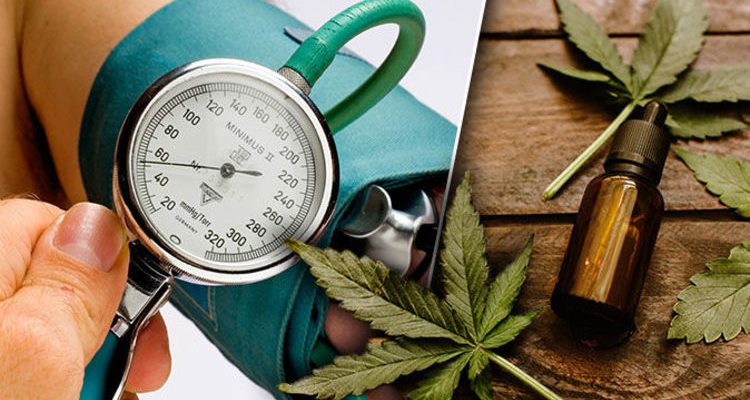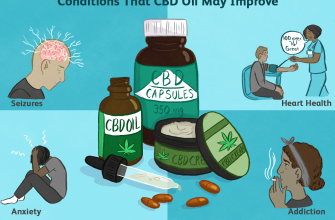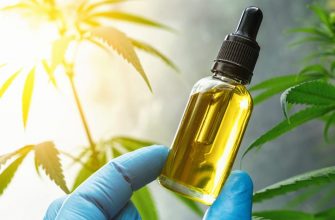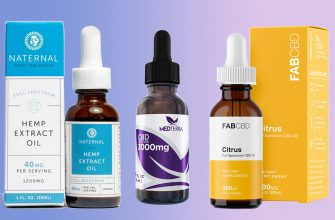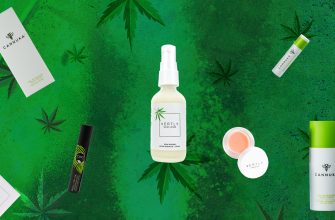Melanie Nakashian (Melanie Nakashian is the founder of an organization for people with post-traumatic stress disorder (PTSD), Cannabis Survivors.
V.: Did you try cannabis when you found out it helped with PTSD, or did you already use it without knowing it was an effective treatment?
M.N.: Marijuana has been a part of my life for ten years now, but only recently has my relationship with “weed” developed to the point where I realized that all this time I have been unconsciously using it as a medicine for body and soul, as a remedy for all injuries that I have received so far. So I started researching trauma, cannabis, and the areas where they intersect. I have found a real lack of awareness about the properties of cannabis as an effective treatment for PTSD in survivors of sexual assault or abuse.
During my research, I also discovered a thriving online cannabis community that I didn’t know about before. I have never lived or even been in places where cannabis is legal, except for one evening in Amsterdam. I just remembered how much marijuana had helped me myself and wanted to know if other people had experienced something similar. It was then that the idea of Cannabis Survivors began to develop into a full-fledged community where we shared information with each other.
V.: How did you come to understand that the use of cannabis could be therapeutic?
M.N.: I moved in 2015 and didn’t have access to marijuana in my new location. I thought I could get used to a life without smoking weed, but I couldn’t. This continued until I moved to a place where marijuana became available again. It was then that I realized that I really, absolutely needed it, not because it supposedly “improves my mood,” but because it has a positive effect on my PTSD-related condition.
V.: What happened when you lost access to cannabis?
M.N.: My body was in constant tension and I was nervous almost all the time, I was hyperactive. If someone I didn’t know was impolite to me at this time, I could scream in his face, sometimes right in the street. This may sound impressive to some, but it’s actually quite a dangerous lifestyle. At the same time, I began to abuse alcohol, in the hope of defeating my insomnia, and lost touch with reality.
At the same time, medical institutions, and even well-wishers who knew me personally, tried to force me to take pills that can be effective in some situations, but for me they did more harm than good. They seemed to disconnect me from myself and my own emotions.
As for alcohol, all I felt was intoxication. Alcohol had a destructive effect on my mind, body and soul. Cannabis not only healed me – soul, mind, body – but also made me more real, made me feel like myself. Yes, cannabis treats the symptoms of PTSD day after day – depression, insomnia, anxiety and painful responses to stimuli – but this is not enough: we also need to talk about how marijuana can treat trauma in the long term, for example, sexual trauma that affects the deepest parts of the body. our personality and the core of our self-consciousness.
V.: Are there any disadvantages to using cannabis?
M.N.: Many people who have had negative experiences with marijuana, especially those with PTSD, have reported a flare-up of anxiety after the effects of cannabis wore off. This means that if you are trying to integrate marijuana into your PTSD treatment, you should be aware of this information: Some people may experience restlessness or anxiety.
In general, the process of treating PTSD is not the most pleasant, and cannabis is unlikely to make it more pleasant. Cannabis is not about “feeling better”. It is needed in order to help a person turn to himself and know himself at a new level.
V.: How can people with PTSD share their stories?
M.N.: Everyone can contact me through private messages. Anyone who wants to share their story can write it themselves, or I can interview them, which is sometimes even easier, because some people find it quite difficult to tell about something on their own. In any case, only those aspects of the story that a person wants to share will be covered.
I get a chance to get to know these people better. I meet a lot of like-minded people and we are definitely forming a movement. We create not only virtual, but also real spaces for communication of marijuana-loving people with PTSD.

